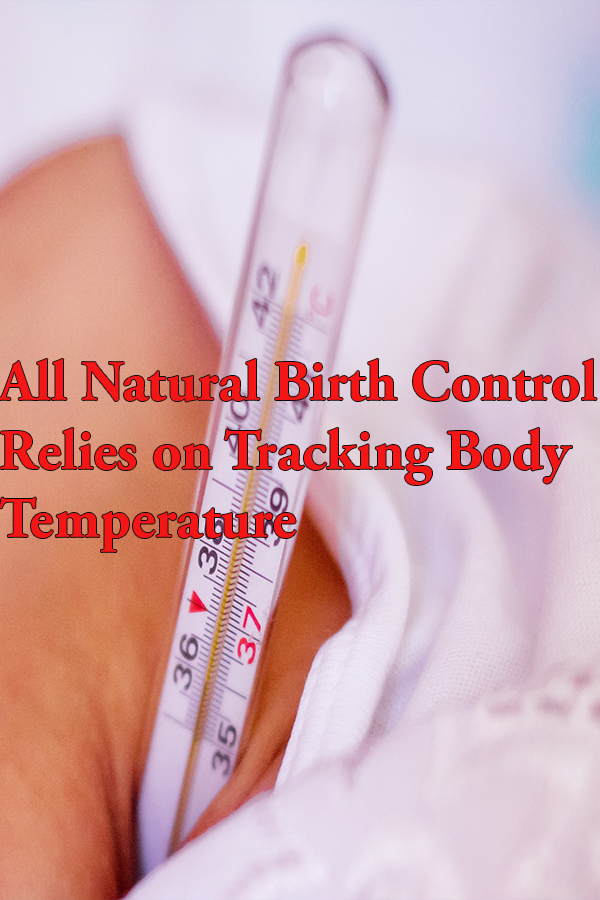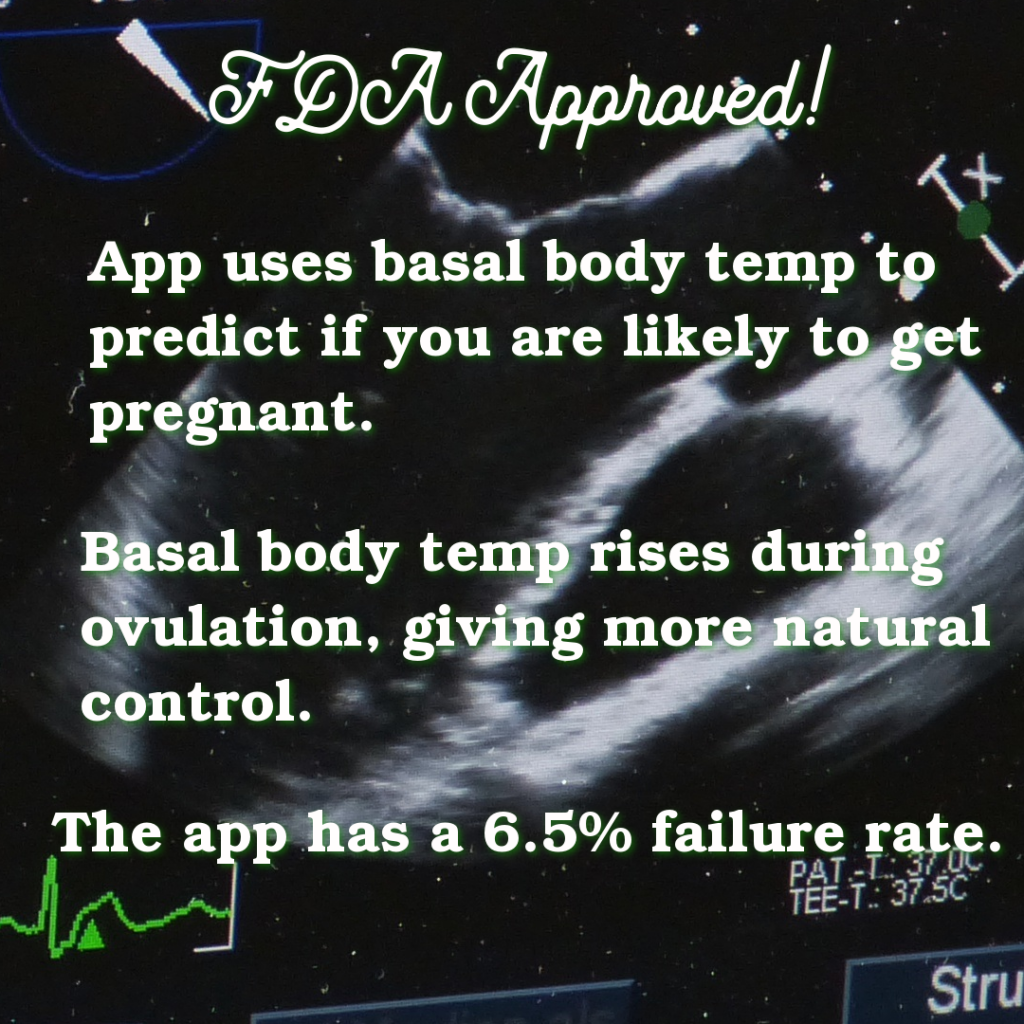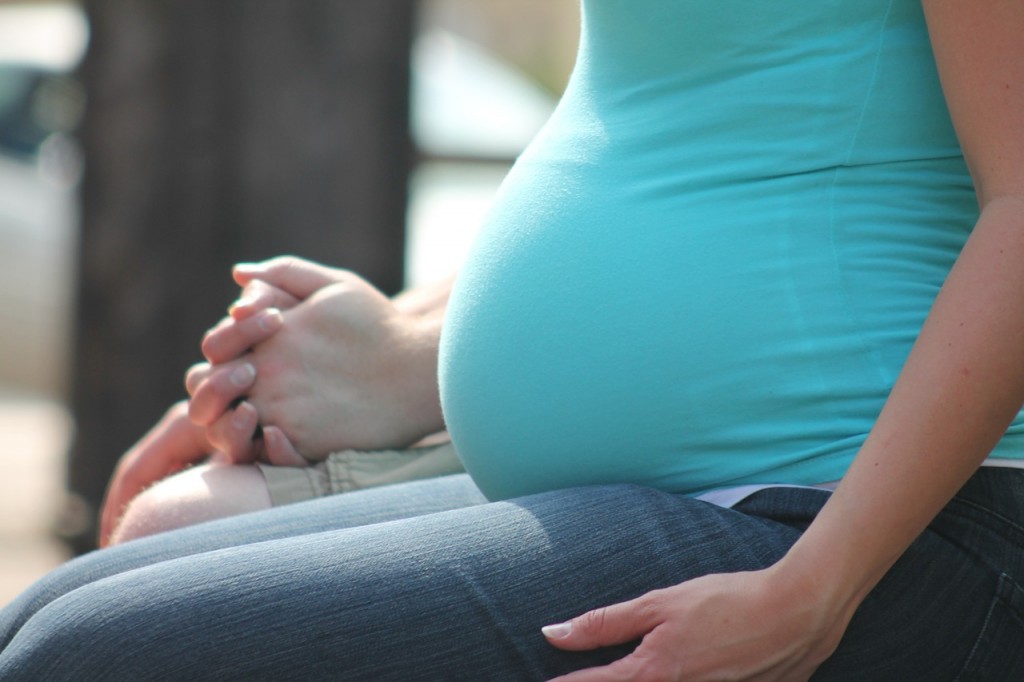We’ve all heard of the various female contraceptive methods, such as The Pill, but what if the latest form of contraception came in a digital form? This is now the case, thanks to approval from the U.S. Food and Drug Administration.
 Recently, the FDA approved the marketing of a new form of female contraception: an app (“FDA allows marketing of first direct-to-consumer app for contraceptive use to prevent pregnancy,” 2018). Called Natural Cycles, the app is specifically designed to help women determine when they are fertile. It contains an algorithm that calculates the days of the month when a female is most likely to be fertile based on daily body temperature readings and menstrual cycle information. The FDA calls this method of contraception “fertility awareness.” The app is specifically designed for premenopausal women aged 18 and older.
Recently, the FDA approved the marketing of a new form of female contraception: an app (“FDA allows marketing of first direct-to-consumer app for contraceptive use to prevent pregnancy,” 2018). Called Natural Cycles, the app is specifically designed to help women determine when they are fertile. It contains an algorithm that calculates the days of the month when a female is most likely to be fertile based on daily body temperature readings and menstrual cycle information. The FDA calls this method of contraception “fertility awareness.” The app is specifically designed for premenopausal women aged 18 and older.
Natural Cycles works by requiring women to take their temperature each day using a basal body thermometer, which is more sensitive than a regular thermometer. It can detect a minor rise in temperature, only about half of one degree Fahrenheit, around the time of ovulation. The app works by letting females know when they should use sexual protection or abstain from sex completely to avoid conceiving.
The clinical studies conducted to evaluate the effectiveness of Natural Cycles involved more than 15,000 women, who used the app for about eight months. The app had a “perfect use” failure rate of 1.8 percent, which meant that 1.8 in 100 women who used the app for one year would become pregnant because they had sexual intercourse on the day that the app predicted that they would not be fertile. In some cases, participants had sex and their method of contraception failed. According to the studies, the app itself has a “typical use” failure rate of 6.5 percent. This accounted for females who sometimes did not use the app correctly.
“Consumers are increasingly using digital health technologies to inform their everyday health decisions, and this new app can provide an effective method of contraception if it’s used carefully and correctly,” said Terri Cornelison, M.D., Ph.D., assistant director for the health of women in the FDA’s Center for Devices and Radiological Health. “But women should know that no form of contraception works perfectly, so an unplanned pregnancy could still result from correct usage of this device.”
References
“FDA allows marketing of first direct-to-consumer app for contraceptive use to prevent pregnancy.” FDA. Retrieved August 14, 2018, from https://www.fda.gov/NewsEvents/Newsroom/PressAnnouncements/UCM616511.htm

